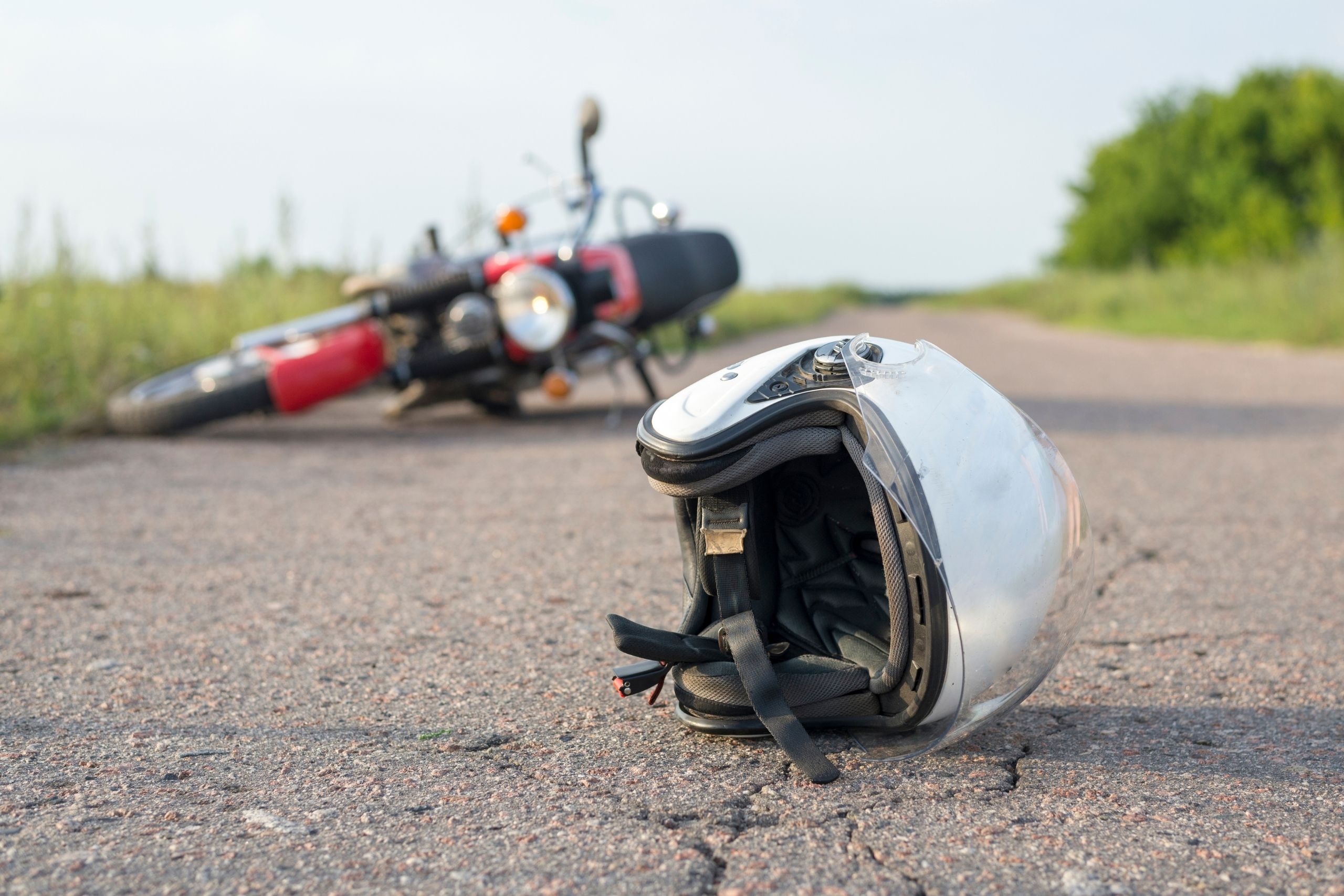A spate of deadly Florida motorcycle accident reports during Bike Week 2022 throws into sharp relief the danger many two-wheeled riders face when taking to the streets of the Sunshine State. The Daytona News-Journal reports there were six motorcycle deaths during the annual motorcycle enthusiast gathering in Daytona Beach this year. Two of those deaths…
Continue reading ›Articles Posted in motorcycle injury
Client Reviews
I have worked with Richard, a true professional and trusted source. He has shown great strength and ability to lead is his greatest asset. His office support team cultivates a culture that executes obtainable turnaround results. Thank you Ansara Law Office.
The man. Twice I had problems with the law and twice he took care of me. A no nonsense kind of Lawyer. If you want your problems to go away, look no further. This guy is your Lawyer. I love you Rick, thx for all your help.
Great attorney and person to know. Came all the way from Fort Lauderdale to help me with a civil issue in St. Petersburg. Thank you for all your help, Rick!
I would recommend Richard to anyone and I would hire him again with out hesitation. I did not know Richard Ansara. I found him on the internet. I live in another state so I had to trust. I left a message. I got a call back from Richard. He invested a lot of time just listening to what I needed him...
The best lawyer I ever had. Very efficient and professional. The staff is amazing. He took care of my case very quickly and for an affordable price.














